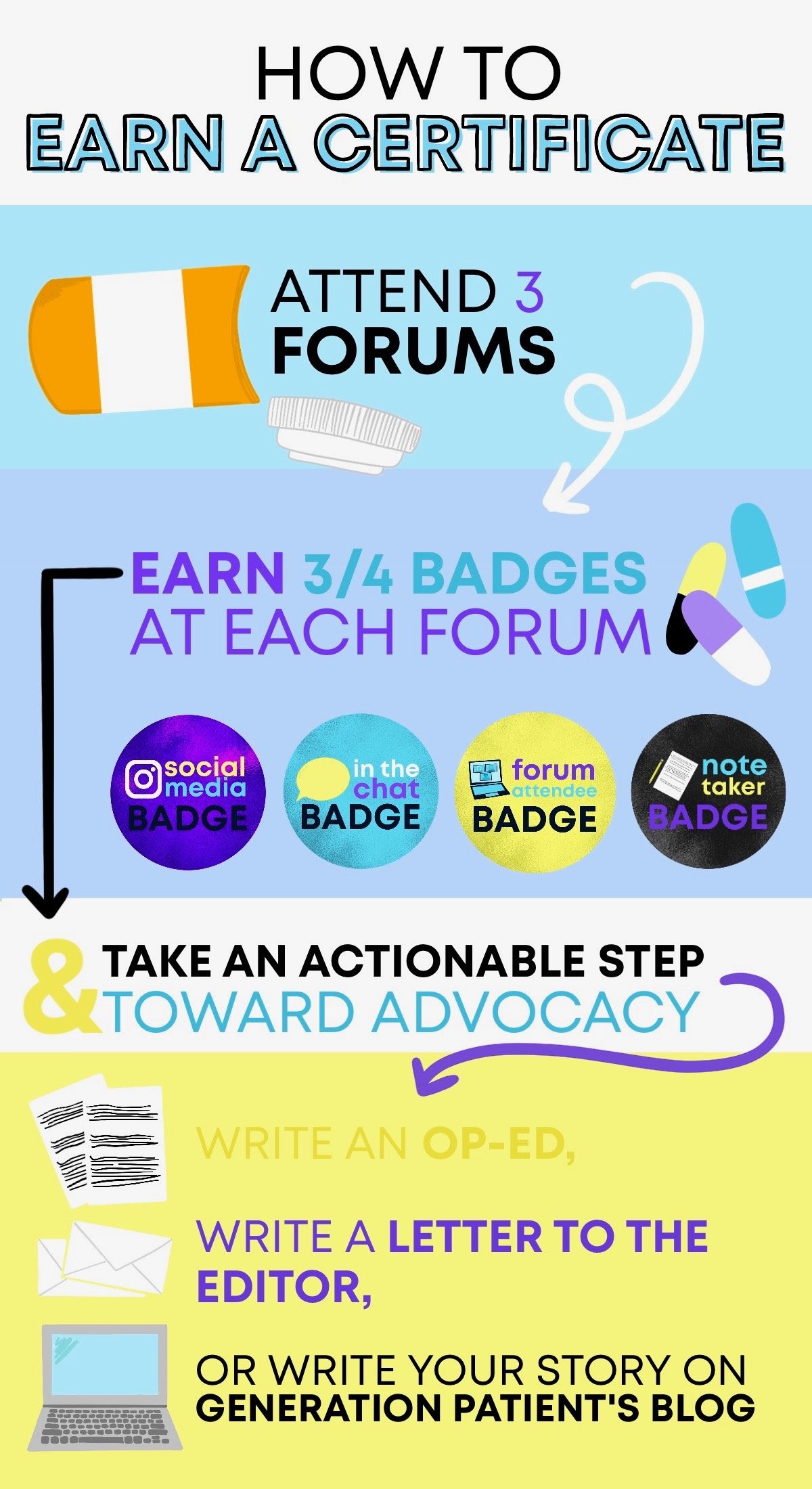The Crohn’s and Colitis Young Adults Network (CCYAN), is an international online fellowship program and community space for young adults with inflammatory bowel disease (IBD). Today, the CCYAN officially launches its Roundtable on Young Adults with IBD alongside its IBD Medical Student Scholar program. Both initiatives are made possible with funding provided by the Helmsley Charitable Trust, the largest private funder of research into Crohn’s disease, a form of IBD.
Adolescents and young adults with IBD are a growing demographic worldwide. With over 25% of IBD patients diagnosed before age 16, there is an urgent need to holistically address the unique challenges these patients face as they transition into adulthood. The Roundtable on Young Adults with IBD is a yearlong learning community comprised of monthly discussions between patients and providers and seeks to improve outcomes for the young adult IBD-patient population.
“This programming comes at a time when IBD is impacting younger populations at a growing rate. While young adults make up a significant portion of IBD patients, they have been routinely left out of discussions within the medical space,” said Sneha Dave, founder of CCYAN. “We are proud to use our lived experience to bring unique stakeholders together to better outcomes for young adults with IBD.”
Each monthly discussion will focus on an issue that is specifically pressing among the young adult IBD demographic — including medical trauma and behavioral health, disordered eating, comorbidities of IBD, peer support interventions, and intersecting identities. Each will be led by one young adult IBD patient and a clinician or scientist with experience in IBD. Written proceedings with key takeaways will be posted after each meeting on the CCYAN website, and a report will be published at the end of the year to summarize critical information from the proceedings.
"The Helmsley Charitable Trust’s Crohn’s Disease Program’s mission is to improve the lives of people living with Crohn’s disease. Young people with IBD face unique and urgent challenges, and the CCYAN’s Roundtable and Medical Student Scholar program are critical to building community and helping medical providers understand and address these challenges” said Terry Felton, Program Officer from the Helmsley Charitable Trust.
In tandem with this Roundtable, the CCYAN is also initiating its IBD Medical Student Scholar Program, a novel program for medical students interested in the field of gastroenterology to learn about the global challenges and needs of adolescents and young adults with IBD by participating in the Roundtable. The active participation of medical students is paramount in disseminating the unique needs of young adults with IBD throughout the medical community. These Student Scholars will be empowered as future medical professionals to understand and engage with young IBD patients throughout their careers.
To learn more about the Roundtable on Young Adults with IBD please visit www.ccyanetwork.org/roundtable or if you would like to become an IBD Medical Student Scholar, you can access the application at www.ccyanetwork.org/medical-student-scholars.
About the Crohn’s and Colitis Young Adults Network
The Crohn’s and Colitis Young Adults Network facilitates (CCYAN) a fellowship program and community space for young adults with Inflammatory Bowel Diseases around the world. The CCYAN is led entirely by young adults with IBD and is a program through Generation Patient.
About The Helmsley Charitable Trust
The Leona M. and Harry B. Helmsley Charitable Trust aspires to improve lives by supporting exceptional efforts in the United States and around the world in health and select place-based initiatives. Since beginning active grantmaking in 2008, Helmsley has committed more than $3.6 billion for a wide range of charitable purposes. Helmsley’s Crohn’s Disease Program supports impactful ideas and mobilizes a global community committed to improving the lives of Crohn’s disease patients while pursuing a cure. For more information, visit helmsleytrust.org.

















